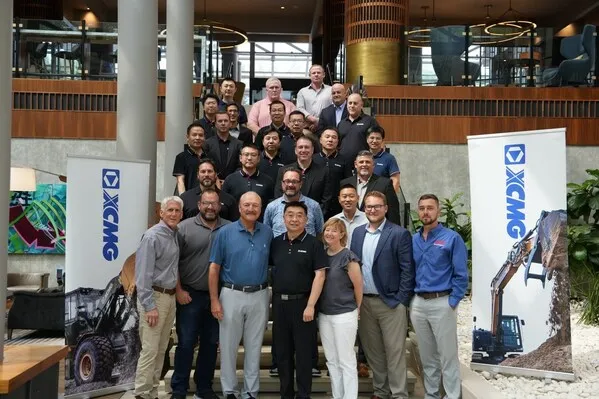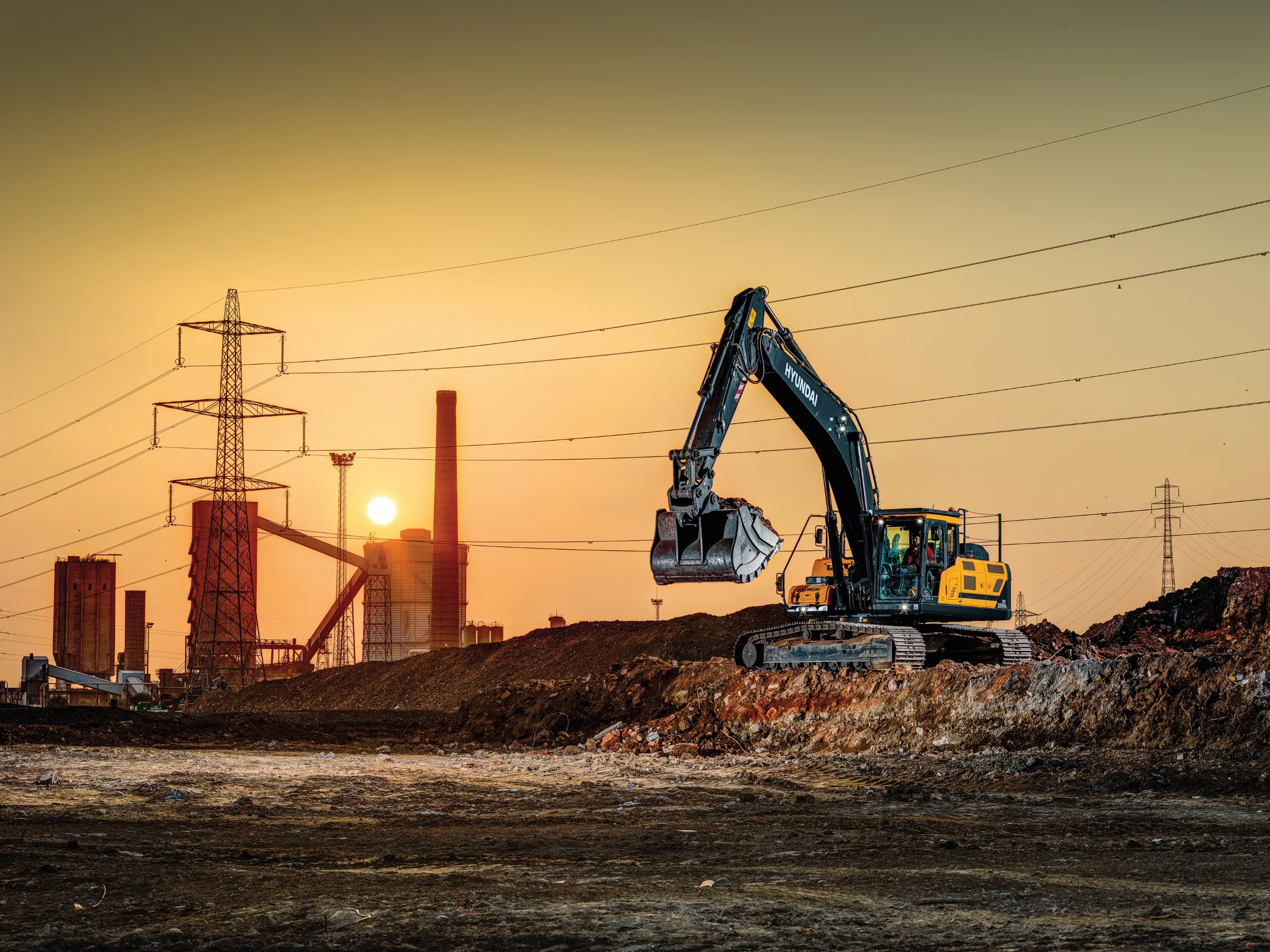
Yang Dongsheng, Chairman of XCMG Group and XCMG Machinery has discussed the difficulty of sustaining high growth in both corporate and national market levels for the long term as the industry is entering a new adjustment period. He has also made observations on changes in the Chinese market, along with the export plans, the corporate strategic standing on electric equipment, as well as the heavy construction robots.
Yang said that China's construction market has undergone major changes in recent years and is now gradually carrying out some reconstruction and adjustments that are moving towards higher-quality development, which initially will be reflected in construction machinery sales. From 2022, China's construction machinery market entered a new adjustment period. Yang said he thinks the entire market will now grow at a steadier and more sustainable rate. He believes there will no longer be a price war, with instead a focus on value creation, technological improvement, capability improvement, and the aftersales market.
XCMG has set sales targets for regions including Europe and North America, aiming for these markets to account for 25-30% of total export revenue by 2027. By that time, exports will make up over 50% of XCMG's total revenue, presenting both opportunities and challenges. Yang emphasised the importance of building a strong system to support global operations, including a global risk control center to navigate varying laws, taxes, and regulations. He also highlighted the need to understand cultural and business practices across countries. While XCMG faces common global challenges such as trade wars, tariffs, and anti-dumping investigations, the company is well-prepared to tackle them.
Electric equipment offers key benefits such as zero emissions, lower noise, reduced total cost of ownership, and high reliability. In China, the price gap between electric and traditional equipment is relatively narrow, boosting market acceptance, though cost remains a challenge. Yang pointed out that while electric equipment has higher upfront costs than diesel options, many customers overlook the lower total cost of ownership. Despite the higher purchase price, operating costs are significantly lower. He also noted the lack of charging infrastructure as a challenge, but advancements in technology are helping to mitigate these issues over time.
China’s rapid development in battery technology will drive sales of electric equipment. Lithium iron phosphate battery technology is currently being used, but, in the future, more solid-state battery technology will be adopted, which will improve the operating time and safety of the equipment. These factors will help electric equipment expand market share. A further benefit of electric equipment is that it is easier to automate, so this technology has the potential to drastically alter the industry in the future. XCMG already has some fully automated equipment and plans to develop these further.
Yang believes that as technology improves, people will realise the benefits of buying electric equipment, and perception will change accordingly. In three to five years, he estimates that 20-25% of equipment sales in the Chinese market will be electric. He stated that XCMG’s vision is to make equipment into fully automated heavy construction robots, adding that in the next five years, XCMG will see further major changes, and as China’s pace of development is rapid, it will be interesting to review these changes by 2029.









